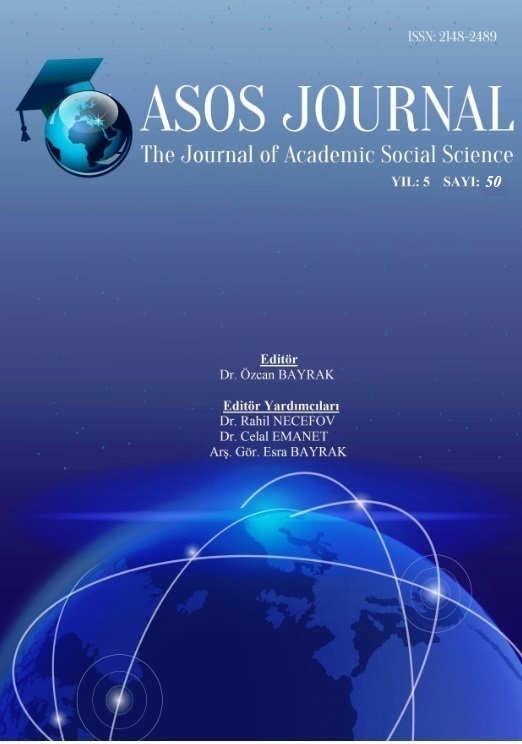EVLİLİK UYUŞMAZLIKLARININ AZALTILMASINDA CİNSEL BECERİLERİN EĞİTİMİ'NİN ROLÜ, EŞLERİN SAMİMİYETİNİN VE UYUMUN GELİŞTİRİLMESİ
Author :
Abstract
The present study is of quasi-experimental nature (pre/post analysis of the case study). The population being studied here include couples who have referred to a counseling center in Mashhad to resolve their marital issues (2015-2016). This group contains 30 couples which have been selected according to the level of access and have been randomly put in two groups of control and test (15 couples for the control group, 15 couples for the test group). The research tools here are three martial conflicts questionnaire (Sanayi, 2000), spousal compliance questionnaire (Spanier, 1976) and spousal intimacy questionnaire (Oulia, 2006). For testing purposes, the test group has received six 120-minute sexual skills training sessions. The control group however did not undergo any interventions. Following these sessions, the research tools were used to obtain the results. These results were then analyzed in terms of descriptive statistics, standard deviation and deductive statistics using covariance. The results indicate that sexual training have an impact on the reduction marital conflicts (p<0.05), enhancing intimacy (p<0.05) and improving spousal compliance (p<0.05). As a result, it can be concluded that proper sexual skills training may improve marital relationships through enhancing intimacy and lowering conflicts and aggression between spouses.
Keywords
Abstract
The present study is of quasi-experimental nature (pre/post analysis of the case study). The population being studied here include couples who have referred to a counseling center in Mashhad to resolve their marital issues (2015-2016). This group contains 30 couples which have been selected according to the level of access and have been randomly put in two groups of control and test (15 couples for the control group, 15 couples for the test group). The research tools here are three martial conflicts questionnaire (Sanayi, 2000), spousal compliance questionnaire (Spanier, 1976) and spousal intimacy questionnaire (Oulia, 2006). For testing purposes, the test group has received six 120-minute sexual skills training sessions. The control group however did not undergo any interventions. Following these sessions, the research tools were used to obtain the results. These results were then analyzed in terms of descriptive statistics, standard deviation and deductive statistics using covariance. The results indicate that sexual training have an impact on the reduction marital conflicts (p<0.05), enhancing intimacy (p<0.05) and improving spousal compliance (p<0.05). As a result, it can be concluded that proper sexual skills training may improve marital relationships through enhancing intimacy and lowering conflicts and aggression between spouses.





